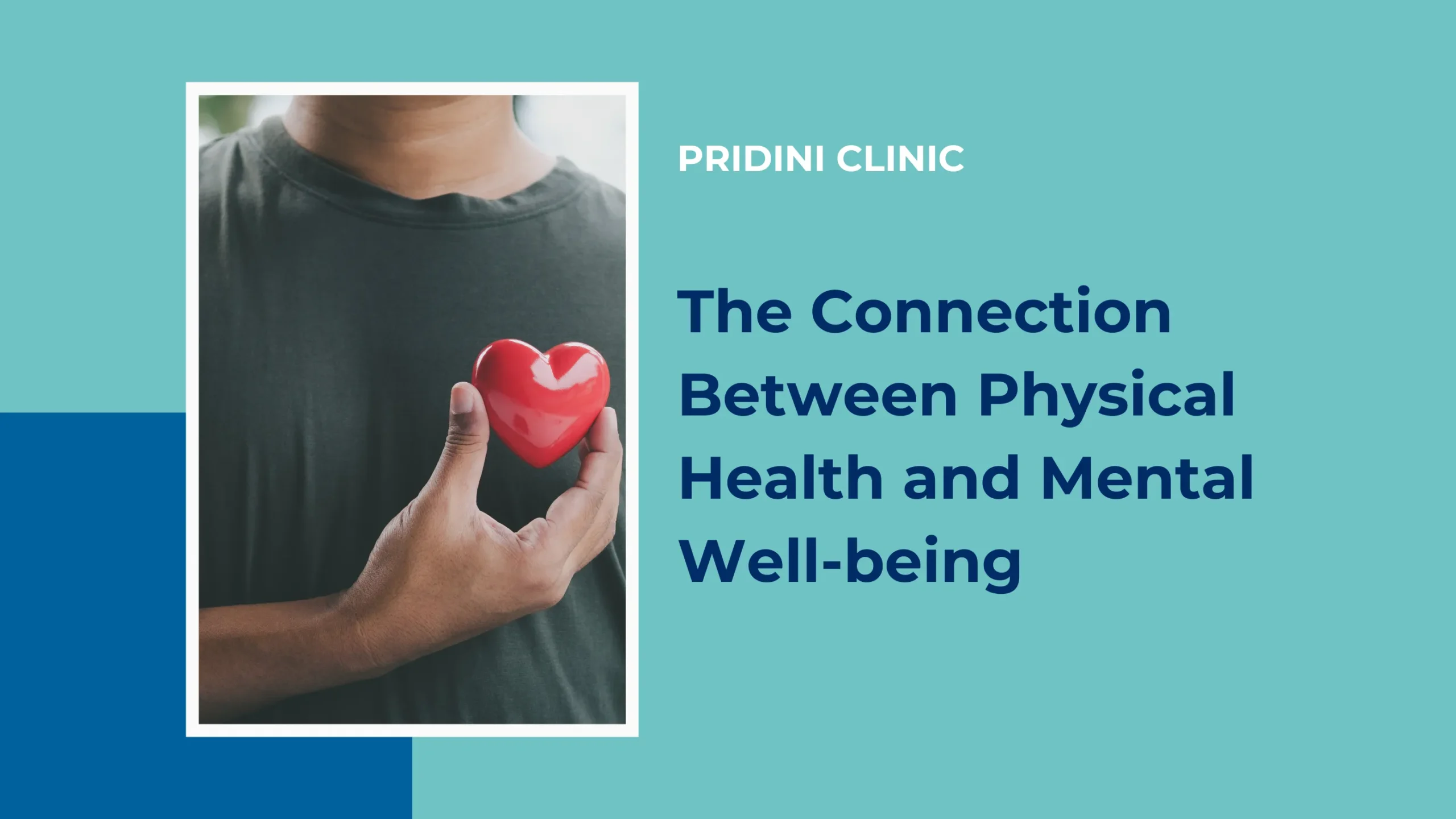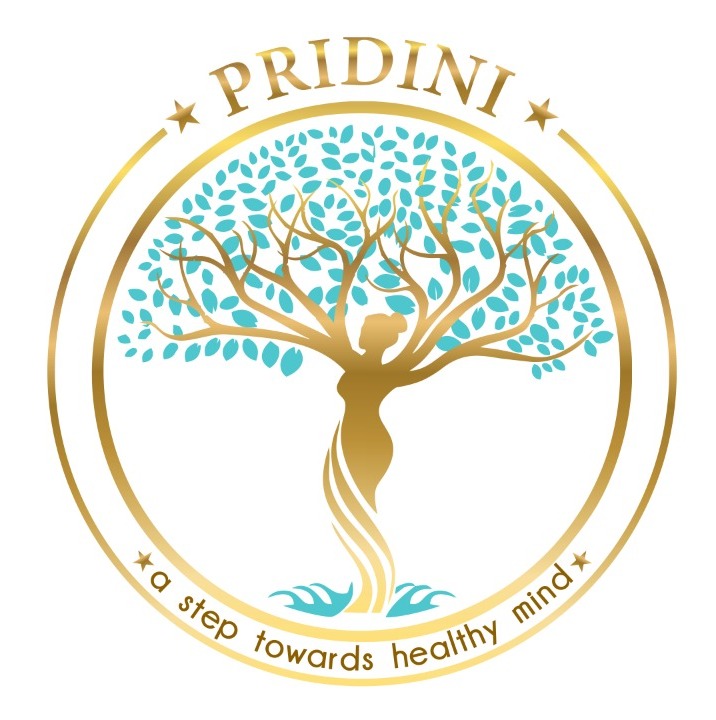
In the pursuit of a healthy lifestyle, it’s crucial to recognize the deep connection between physical health and mental well-being. At Pridini Clinic, we emphasize the importance of understanding how the mind and body are intricately linked and how maintaining physical health can significantly impact mental wellness. This blog explores the mind-body connection, the effects of physical health on mental well-being, the role of exercise and nutrition, and offers strategies for supporting both physical and psychological health.
The mind-body connection refers to the relationship between our physical state and our mental and emotional well-being. This connection is bidirectional, meaning that our physical health can influence our mental health, and vice versa. For instance, chronic physical conditions such as heart disease or diabetes can lead to feelings of depression or anxiety. Conversely, mental health issues like chronic stress or depression can manifest physically, leading to symptoms such as fatigue, headaches, or digestive problems.
Research in psychoneuroimmunology, which studies how psychological factors affect immune function, supports the mind-body connection. Understanding this link underscores the importance of a holistic approach to health, where both physical and mental aspects are addressed together.
Physical health plays a significant role in shaping our mental well-being. When we are physically unwell, our mental health often suffers as well. For example, chronic illnesses or injuries can lead to prolonged stress, which in turn can cause or worsen mental health conditions like anxiety and depression.
Poor physical health can also limit one’s ability to engage in activities that promote mental well-being, such as socializing, exercising, or pursuing hobbies. This can create a cycle where physical health issues lead to decreased mental health, which then makes it harder to maintain physical wellness.
On the other hand, good physical health can contribute to better mental health by improving mood, reducing stress, and boosting self-esteem. Maintaining a healthy body provides a strong foundation for a positive mental state.
Exercise is one of the most powerful tools for enhancing mental well-being. Regular physical activity has been shown to reduce symptoms of depression and anxiety, improve mood, and increase overall mental resilience. Exercise stimulates the production of endorphins—chemicals in the brain that act as natural painkillers and mood elevators.
Moreover, exercise can improve sleep, increase energy levels, and reduce stress, all of which contribute to better mental health. Whether it’s a brisk walk, a session at the gym, or a yoga class, incorporating regular physical activity into your routine can profoundly impact your mental well-being.
Nutrition is another critical factor in the mind-body connection. The food we eat not only fuels our bodies but also significantly impacts our brain function and mental health. A diet rich in nutrients such as omega-3 fatty acids, vitamins, minerals, and antioxidants supports brain health and can help reduce the risk of mental health disorders.
Conversely, a diet high in processed foods, sugars, and unhealthy fats can contribute to mental health problems such as depression and anxiety. Nourishing your body with a diet full of whole foods—incorporating plenty of fruits, vegetables, lean proteins, and healthy fats—is essential for maintaining both physical and mental health.
Here are some strategies to help you maintain a healthy balance:
At Pridini Clinic, we are committed to helping you achieve a harmonious balance between physical health and mental well-being. Contact us today to learn more about our holistic approach to health and wellness.

